Exotic Small Mammals Features: Unveiling Their Characteristics
Exotic small mammals have captured the interest and fascination of animal lovers and enthusiasts around the world.
These pint-sized creatures possess a range of unique features and characteristics that set them apart from their larger counterparts.
In this article, we will delve into the captivating world of exotic small mammals, exploring their diverse traits, behaviors, and adaptations.
From the intriguing hedgehog to the adorable sugar glider, let’s embark on a journey to uncover the wonders of these remarkable creatures.
Key Takeaways:
- Exotic small mammals possess unique features and characteristics that set them apart.
- They exhibit diverse adaptations, behaviors, and physical attributes.
- Understanding their specific dietary, social, and environmental needs is crucial for their well-being.
- Responsible pet ownership and conservation efforts are vital for the future of these remarkable creatures.
The Fascinating World of Exotic Small Mammals
Exotic small mammals encompass a wide variety of species, each possessing its own set of distinctive features and characteristics.
These animals, typically weighing less than a few pounds, include hedgehogs, sugar gliders, ferrets, chinchillas, and many more.
Despite their small size, they exhibit fascinating behaviors, impressive adaptability, and captivating physical attributes.
Exotic small mammals are found in different regions around the world, from the rainforests of South America to the deserts of Africa.
They have become increasingly popular as pets, captivating enthusiasts with their charm and unique qualities.
Size and Adaptations
Exotic small mammals have evolved a range of adaptations to thrive in their respective environments.
Their small size enables them to navigate through intricate spaces, granting them agility and the ability to exploit unique ecological niches.
These animals often possess specialized limbs, teeth, and sensory organs that facilitate their survival and predation strategies.
One notable adaptation is the presence of quills in animals like hedgehogs, which act as a defense mechanism against predators.
Other small mammals, such as sugar gliders, have developed a patagium—a membrane that extends between their limbs—allowing them to glide through the air effortlessly.
Diversity in Habitat
Exotic small mammals inhabit diverse habitats across the globe.
From South America’s dense rainforests to Africa’s arid deserts, they have adapted to various climates and ecosystems.
This adaptability has allowed them to carve out niches in different regions, showcasing their versatility and resilience.
For example, sugar gliders are native to the forests of Australia, where they can be found gliding from tree to tree in search of food.
On the other hand, chinchillas are adapted to the high-altitude environments of the Andes Mountains in South America.
Unique Physical Attributes
Each species of exotic small mammal possesses its own set of physical attributes that contribute to its distinctiveness.
For instance, hedgehogs are covered in quills, which serve as a defensive mechanism against predators.
Sugar gliders have large eyes that aid in their nocturnal activities, while ferrets have sleek bodies that allow them to navigate through tight spaces.
Additionally, some small mammals exhibit striking coloration patterns, such as the vibrant coat of the sugar glider or the multi-colored fur of the ferret.
These physical attributes not only make them visually appealing but also play crucial roles in their survival strategies.
Specialized Diets
Exotic small mammals have specific dietary requirements that reflect their evolutionary adaptations.
Understanding and providing appropriate nutrition is vital for their health and well-being.
Let’s take a closer look at the diets of two popular exotic small mammals: chinchillas and ferrets.
Chinchillas primarily consume hay, pellets, and fresh vegetables. Their digestive systems are specialized to handle a high-fiber diet, and they require constant access to fresh hay to maintain their dental health.
Ferrets, on the other hand, are obligate carnivores, meaning their diet consists primarily of high-quality meat.
A diet rich in animal protein is essential for their nutritional needs.
Social Behavior and Communication
Exotic small mammals exhibit a range of social behaviors and have developed intricate communication systems.
Some species are social animals, living in groups or pairs, while others are more solitary.
Understanding their social dynamics and communication methods is essential for providing them with appropriate care and enrichment.
For example, sugar gliders are highly social animals that form strong bonds with their group members.
They communicate through vocalizations, body language, and scent marking.
Hedgehogs, on the other hand, are primarily solitary animals and may exhibit defensive behaviors when approached by other individuals.
Reproduction and Parenting
The reproductive strategies of exotic small mammals vary significantly across species.
Some species, like hedgehogs, have relatively short gestation periods and give birth to litters of young.
Others, such as sugar gliders, exhibit unique parenting behaviors, with males taking an active role in caring for the offspring.
For instance, male sugar gliders assist in carrying the joeys (baby sugar gliders) on their backs, providing them with protection and warmth.
This cooperative parenting behavior is relatively rare among mammals and adds to the uniqueness of these small creatures.
Intelligence and Problem-Solving Abilities
Intelligence in exotic small mammals manifests in various forms, with some species demonstrating impressive problem-solving abilities.
Certain rodents, like rats and mice, have been extensively studied for their intelligence and learning capacities.
These animals display complex cognitive behaviors, including spatial memory, learning through observation, and problem-solving skills.
Providing mentally stimulating environments, such as puzzle toys and interactive feeding methods, can enhance the cognitive abilities of these small mammals and contribute to their overall well-being.
Popularity as Pets
Exotic small mammals have gained popularity as pets due to their unique characteristics, adorable appearances, and manageable size.
Hedgehogs, sugar gliders, ferrets, and chinchillas are among the most sought-after companions for animal lovers.
However, it is essential to note that owning an exotic small mammal as a pet comes with specific responsibilities and care requirements.
Prospective owners should thoroughly research the specific needs of the species they are interested in and ensure they can provide a suitable environment before welcoming one into their home.
Common Challenges in Caring for Exotic Small Mammals
Caring for exotic small mammals can present certain challenges that owners need to be aware of.
Providing suitable housing, maintaining proper nutrition, and ensuring adequate mental and physical stimulation are crucial aspects of their care.
Each species has its own specific requirements, and it is essential to research and consult with experts to create an optimal environment that meets the needs of these animals.
For example, providing an appropriate enclosure with ample space, temperature regulation, and enrichment items is essential for their well-being.
Additionally, understanding their dietary needs and providing a balanced diet is crucial for their overall health.
Ensuring the Well-being of Exotic Small Mammals
To ensure the well-being of exotic small mammals, it is crucial to provide a conducive environment that meets their physical, mental, and social needs.
Here are some key considerations for their care:
- Housing: Provide an appropriately sized enclosure that allows for natural behaviors, including climbing, burrowing, and exploring.
- Nutrition: Research and provide a species-specific diet that meets their nutritional requirements, ensuring a balance of proteins, carbohydrates, fats, vitamins, and minerals.
- Enrichment: Offer a variety of toys, puzzles, and interactive activities to stimulate their minds and prevent boredom.
- Veterinary Care: Regularly consult with a veterinarian experienced in exotic pet care for routine check-ups, vaccinations, and any necessary medical treatments.
- Social Interaction: Some species benefit from social interaction, so consider providing opportunities for companionship or appropriate socialization with their own kind.
- Mental Stimulation: Engage them with environmental enrichment, such as hiding treats, providing foraging opportunities, and offering toys that encourage problem-solving.
By meeting these requirements, owners can help ensure the overall well-being and happiness of their exotic small mammal companions.
Conservation Efforts
Many exotic small mammal species face threats to their natural habitats and populations due to factors such as deforestation, illegal wildlife trade, and habitat degradation.
Supporting conservation organizations and raising awareness about the importance of preserving these species and their ecosystems are crucial steps in protecting their future.
Conservation initiatives focus on habitat preservation, captive breeding programs, and education about responsible ownership and sustainable practices.
By actively participating in conservation efforts, individuals can contribute to the preservation of these remarkable creatures and their natural habitats.
The Future of Exotic Small Mammals
As our understanding of exotic small mammals grows, so does our ability to provide optimal care for them.
Ongoing research and advancements in veterinary medicine continue to improve their well-being in captivity.
Responsible pet ownership, conservation initiatives, and education about these remarkable creatures are essential for a sustainable future for both the animals and their habitats.
Ensuring that legal and ethical standards are followed in the pet trade industry is also crucial for the well-being of exotic small mammals.
By supporting reputable breeders and avoiding the illegal wildlife trade, individuals can contribute to the ethical treatment of these animals and the preservation of their species.
Conclusion
Exotic small mammals offer a captivating glimpse into the intricacies of the animal kingdom.
Their unique features, behaviors, and adaptations make them a subject of fascination for enthusiasts worldwide.
By appreciating their diverse traits and understanding their specific needs, we can ensure their well-being and contribute to the conservation of these extraordinary creatures.
FAQs
Can exotic small mammals be kept as pets?
Yes, many exotic small mammals can be kept as pets.
However, it is crucial to research their specific care requirements and provide a suitable environment for them.
What are the specific dietary requirements of exotic small mammals?
The dietary requirements vary among different species.
Some may require a herbivorous diet, while others need a carnivorous or omnivorous diet.
It is essential to consult with a veterinarian or exotic pet specialist for guidance.
Are exotic small mammals social animals?
Some exotic small mammals are social animals and thrive in the company of their own kind.
However, not all species exhibit social behavior, and it is vital to research the specific social needs of each species.
How can I provide mental stimulation for my exotic small mammal pet?
Providing a variety of toys, puzzles, and environmental enrichment can help keep your exotic small mammal mentally stimulated.
Hide treats, provide climbing structures, and offer interactive toys to engage their curious nature.
What are some common challenges in caring for exotic small mammals?
Common challenges include providing appropriate housing, maintaining a balanced diet, ensuring mental stimulation, and finding knowledgeable veterinary care.
Each species has its own specific requirements that need to be met for their well-being.
Peter Stones is the founder of Exotic Pets Place, the leading online resource for exotic pet care information.
With over 10 years of hands-on exotic pet ownership experience, he is deeply passionate about sharing his expertise to help others properly care for their unusual pets.
When he's not writing extensively researched articles or connecting with fellow exotic pet enthusiasts worldwide, you can find Peter at home tending to his own beloved menagerie of exotic animals.

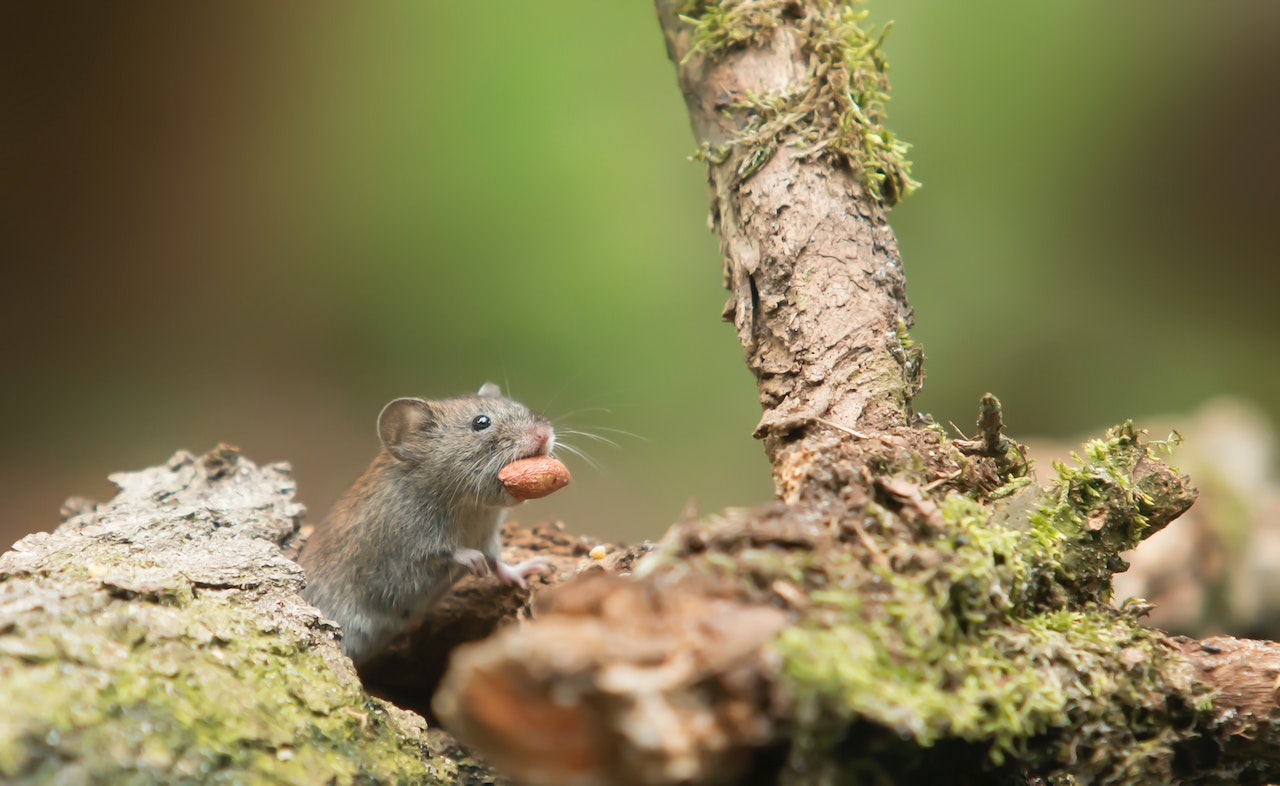
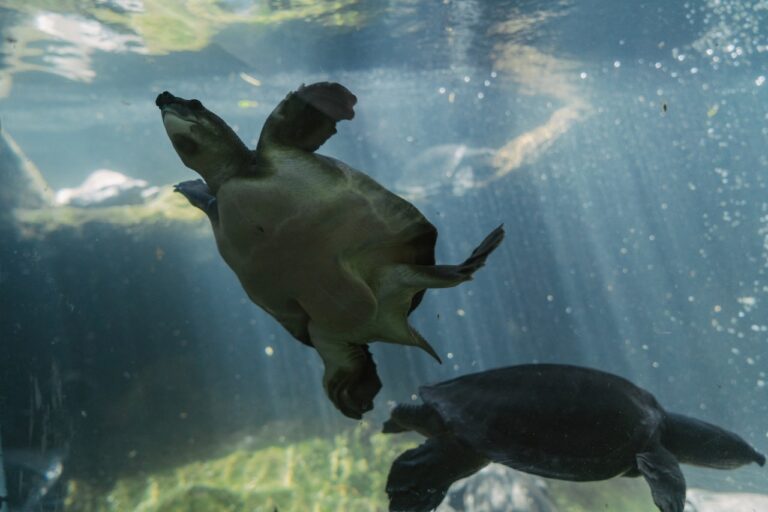
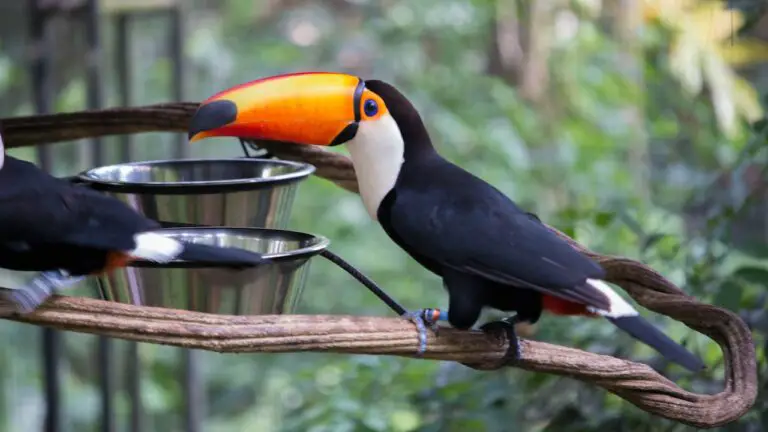
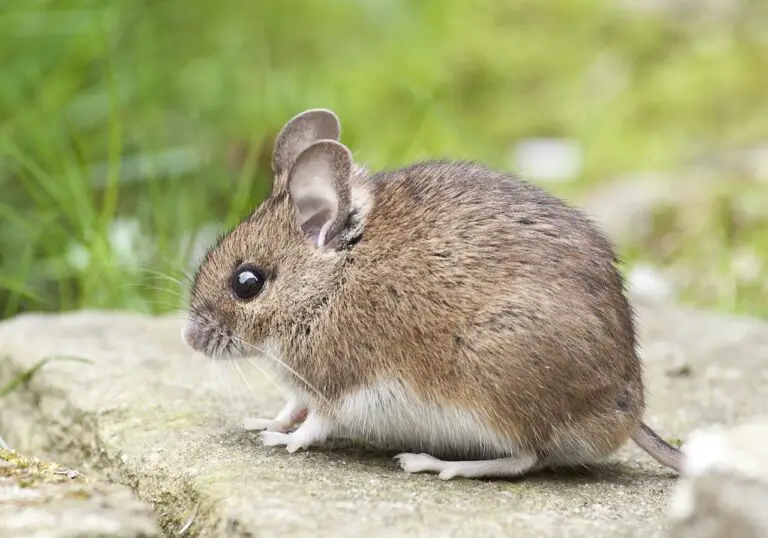
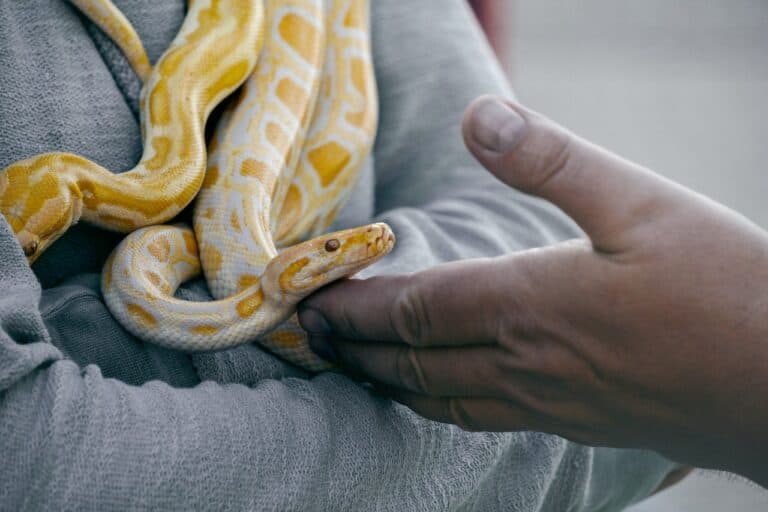
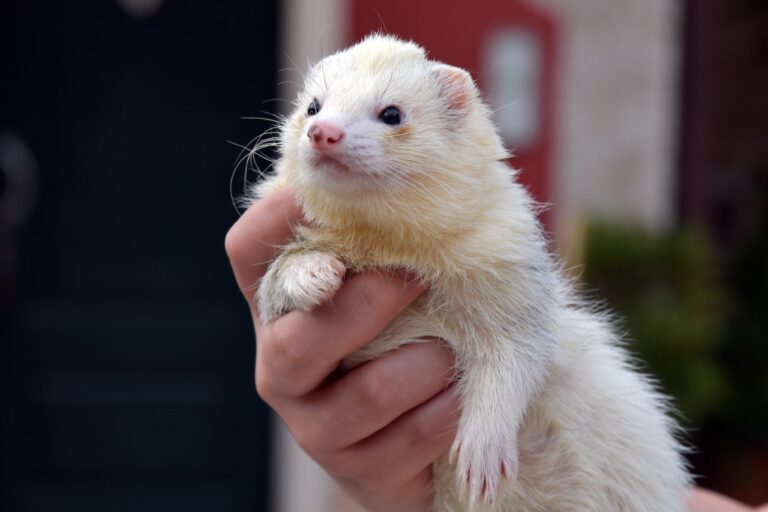
![Exotic Small Mammal Supplies - Top Must-Have Picks [Guide]](https://exoticpetsplace.com/wp-content/uploads/2023/06/Exotic-Small-Mammal-Supplies-Top-Must-Have-Picks-768x458.jpg)